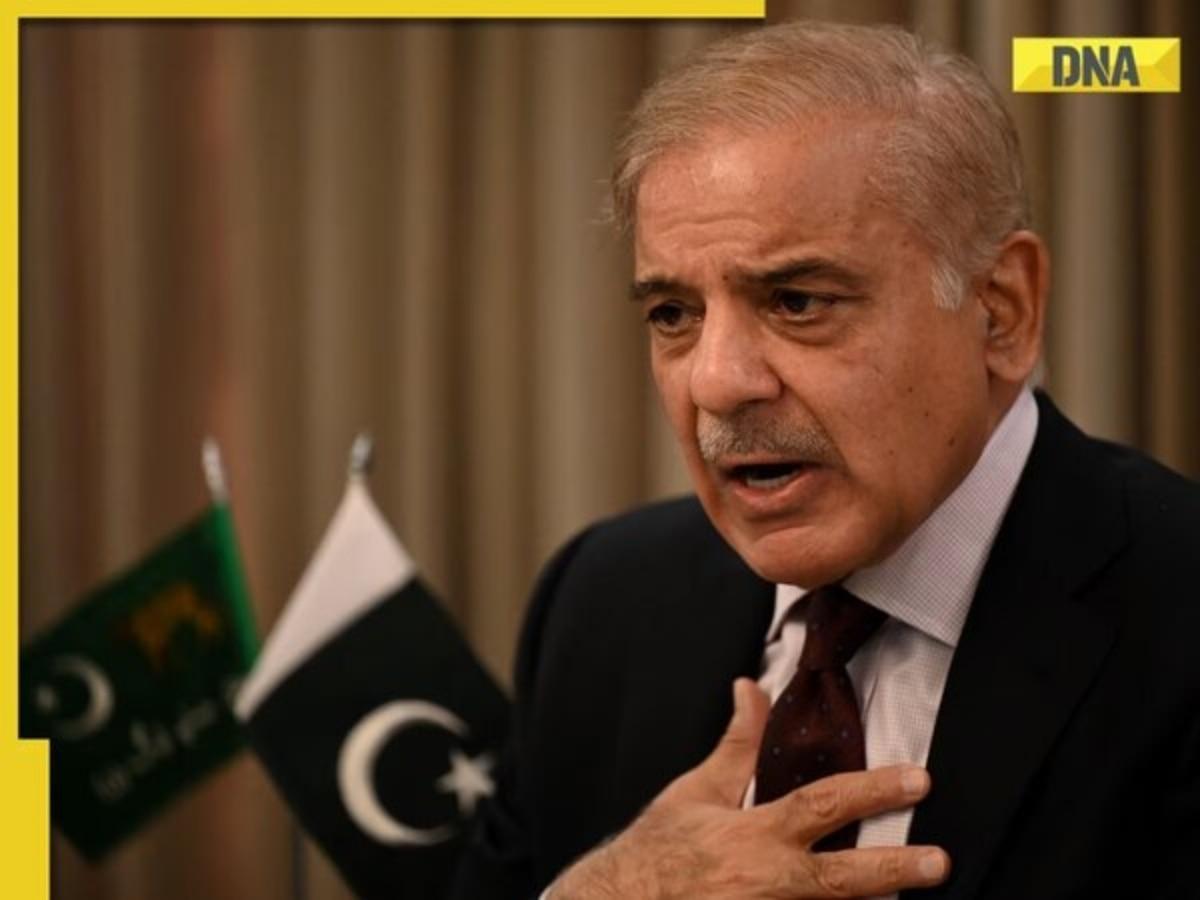
Pakistan’s Prime Minister Shehbaz Sharif, currently serving his second term, embarked on a significant visit to China from June 4 to June 8, following an invitation from Chinese President Xi Jinping. The visit was strategically timed as Pakistan grapples with severe economic challenges, including a debt crisis, escalating inflation, fiscal deficits, and persistent political instability.
During his stay, Prime Minister Sharif engaged in high-level discussions with President Xi on June 7 and subsequently met with other Chinese leaders. These meetings aimed at bolstering collaboration across various sectors, with a primary focus on advancing Phase II of the China-Pakistan Economic Corridor (CPEC) initiative.
The timing of the visit coincided with two critical events back home in Pakistan: the annual budget presentation and ongoing negotiations for a new loan from the International Monetary Fund (IMF). Pakistan initiated these loan discussions with the IMF in May, having recently completed a short-term $3-billion program. Sharif viewed his trip to China as an opportunity to seek further financial support and enhance cooperation between the two nations.
President Xi reiterated China’s commitment to strengthening economic ties with Pakistan. He stressed the need for a “safe, stable, and predictable” business environment to ensure the security of Chinese personnel and projects. Xi also highlighted China’s dedication to high-quality development projects under the Belt and Road Initiative, pledging to intensify cooperation in agriculture, mining, social development, and the improvement of living conditions to suit Pakistan’s needs.
The bond between Pakistan and China is historically strong, built on years of partnership and significant Chinese investments in Pakistani infrastructure—most notably through the CPEC project. Launched in 2013, the CPEC has seen China invest approximately $28 billion out of an estimated $62 billion total valuation. India, however, staunchly opposes the CPEC as it passes through Pakistan-occupied Kashmir (PoK). In response, Xi committed to upgrading the CPEC while focusing on innovation and sustainable industries.
Recent attacks targeting Chinese workers involved in CPEC projects, particularly in Balochistan and Khyber Pakhtunkhwa, have heightened concerns. In March, a suicide bomber killed five Chinese workers and their Pakistani driver en route to the Dasu hydropower dam project in Khyber Pakhtunkhwa. This incident underscored the urgent need for enhanced security measures to protect Chinese personnel and investments. Another tragic event occurred in 2021 when a bus suicide bombing claimed the lives of 13 people, including nine Chinese workers.
Following these attacks, China has pushed for stronger security guarantees, and Sharif assured that his government would rigorously combat and severely punish those responsible.
. Despite these reassurances, Abdul Basit, a research fellow at Singapore’s S Rajaratnam School of International Studies, told the South China Morning Post (SCMP) that China remains unhappy with Pakistan’s current security measures. Conversely, Zhu Yongbiao, a professor at Lanzhou University, stated that China is “generally satisfied” with Pakistan’s counter-terrorism efforts but is looking for closer cooperation on security issues.
Security considerations also extend to Afghanistan, which has become increasingly significant for both countries. Chinese diplomats in Islamabad and Kabul are working to convince the Taliban to manage Pakistani Taliban militants and prevent cross-border terrorist activities. Leveraging its influence over the Taliban, China aims to curb these threats to its interests and personnel.
Meanwhile, Pakistan has taken a tougher stance towards the Taliban regime in Afghanistan, accusing it of harboring terrorists. Recently, Islamabad announced the arrest of 11 militants linked to the March attack, including an Afghan national who carried out the suicide bombing.
Sharif’s visit included a tour of two key Chinese cities—Shenzhen, known for its innovation, and Xian, a hub for science and technology. He explored potential partnerships in new energy and information technology with Chinese government and business leaders.
As inflation soars to 20% and the economy continues to struggle, Islamabad is keen to upgrade and expand the CPEC. The project’s second phase focuses on industrialization, with plans to establish special economic zones in collaboration with China, pursue agricultural reforms, and enhance cooperation in emerging technologies like information technology.
Moreover, Pakistan is negotiating to extend its loan repayment schedule. In 2023, the country’s foreign debt reached $130 billion—double the amount in 2015. China accounts for 13% of Pakistan’s total foreign debt, according to Zhao Shiren, China’s consul-general in Lahore.
A joint statement at the conclusion of Sharif’s trip emphasized the importance of peace and stability in South Asia. It also underscored the need to resolve ongoing disputes while expressing opposition to unilateral actions.
Regarding Jammu and Kashmir, Pakistan continues to protest India’s revocation of Article 370, which granted special status to the region, maintaining limited diplomatic ties since August 5, 2019. India, on the other hand, consistently asserts a desire for normal neighborly relations, contingent upon Pakistan creating a terror-free and non-hostile environment.












